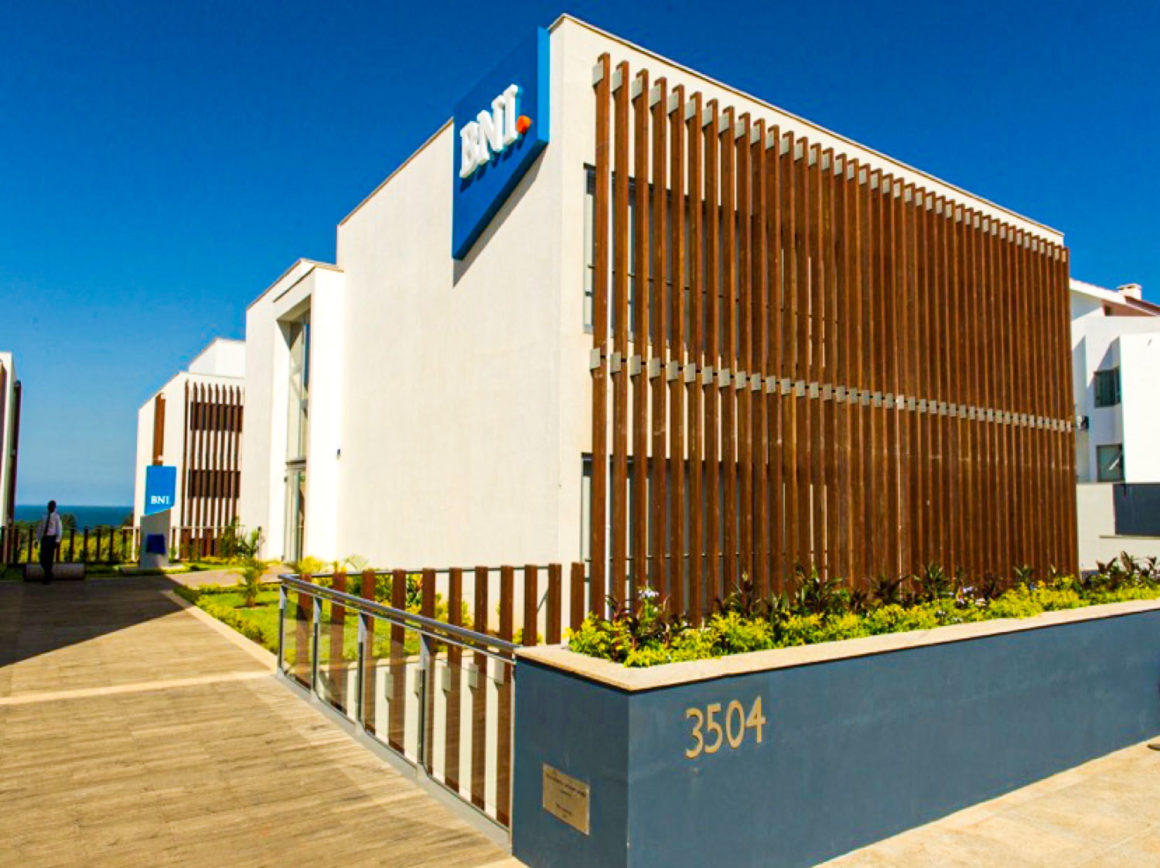BNI launches two credit lines within the scope of the COVID-19 pandemic
BNI launches on July 1, 2020 two lines of credit within the scope of measures to mitigate the impacts of the COVID-19 pandemic, namely:
- “GOV. COVID-19 Credit Line” from the Government, in the amount of 1,000.00 million meticais financed by State funds.
- “BNI COVID-19 Credit Line” from BNI, in the amount of 600.00 million meticais, financed by a bond loan underwritten by INSS – National Institute of Social Security.
GOV. COVID-19 CREDIT LINE
The funds to finance the “GOV. COVID-19 Credit Line” were allocated by the Government through Decree No. 37/2020, of 02 June, whose purpose is to strengthen the treasury and/or support investment in order to promote revitalization or operational improvement of Micro, Small and Medium Enterprises (MSMEs) operating in the national territory.
- Facility I – Short Term – To support the treasury, namely payment of wages, payment of raw materials and other current expenses, aiming at maintaining jobs.
- Facility II – Medium Term – For expansion investments with the purpose of generating new jobs.
According to Decree No. 37/2020, of 02 June, which creates the credit line, in its articles 15 and 16 it determines that the eligibility criteria and the conditions of access are approved by the Ministers of Economy and Finance and Industry and Trade, through Ministerial Diplomas.
The credit line covers all micro, small and medium-sized enterprises, as defined in Decree No. 44/2011, of 21 September, covered by the COVID-19 pandemic or those that are not directly affected, increasing their productive capacity, may help to increase the supply of goods and create new jobs, thus mitigating the effects of the pandemic, nationwide.
To facilitate and speed up the analysis, BNI created a credit line management unit where it brought together the teams from the Financial Advisory and Structuring Department (Investment Banking) and the Credit Department (Corporate Banking) to constitute the credit analysis team. It also created a specific and reinforced Credit Committee for project approval.
BNI COVID-19 CREDIT LINE
The funds to be financed through the “BNI COVID-19 Credit Line” belong to BNI and were mobilized in the market through a capital market financial transaction that consisted of the issuance of corporate bonds called “Obligations BNI COVID-19 2020 – 1st Series”, which were taken firmly by the INSS.
The purpose of the value is to reinforce the treasury and/or support the investment in order to promote the revitalization or operational improvement of the Micro, Small and Medium Enterprises (MSMEs) operating in the national territory, directly or indirectly affected by the pandemic of COVID-19, for maintaining jobs as well as generating new ones.
The line is divided into two facilities:
- Facility I – Short Term – To support the treasury, namely payment of wages, payment of raw materials and other current expenses, aiming at maintaining jobs.
- Facility II – Medium Term – For expansion investments with the purpose of generating new jobs.
The eligibility criteria and general access conditions are the same as those for the “GOV. COVID-19 Credit Line”.
EXPECTED RESULTS FROM THE TWO CREDIT LINES
- Availability and improvement of cash flow for companies affected by the COVID-19 pandemic in order to meet short-term needs;
- Availability of financial resources for medium-term investments to expand production;
- Maintenance and/or increase in production;
- Maintenance, recovery and generation of new jobs;
- Easiness on the import of raw materials and other consumables essential to the production process, with emphasis on the value chain of agriculture and industry;
- Improving food security and the well-being of the population;
- Increased tax revenue for the State through taxes and fees (for example, ISPS, IRPC, VAT) and a wide range of municipal and local taxes;
- Expansion of the taxpayer base of the social security system and consequent increase in the contributions of workers to the INSS;
- Promotion of the economic activity as a whole and consequent increase in Gross Domestic Product (GDP).


